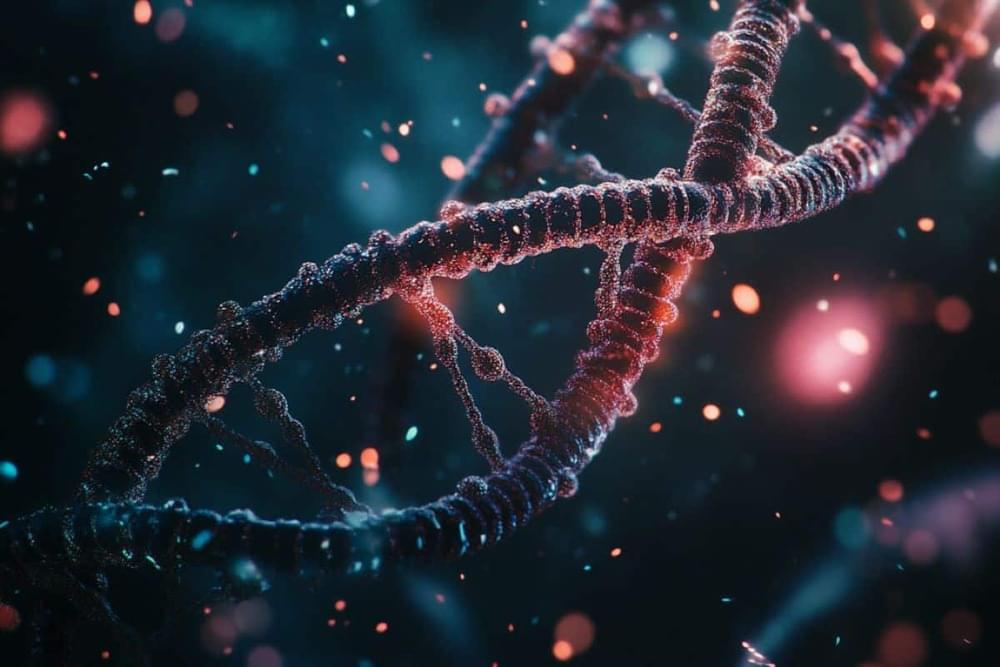Summary: Researchers have discovered that the protein USP50 regulates DNA replication by managing which enzymes—nucleases or helicases—cleave or unwind DNA strands during replication. This control is crucial for stable replication, especially when the process encounters issues that need restarting. When USP50 is absent, cells struggle to coordinate enzyme use, leading to replication errors and potential genetic instability.
The findings provide new insights into genome maintenance and may help explain some hereditary conditions, such as early-onset aging and certain cancers. Understanding USP50’s role opens doors to potential therapeutic strategies aimed at protecting DNA integrity.










Leave a reply